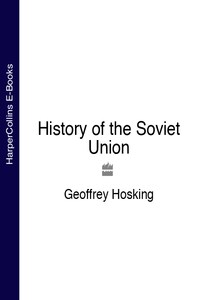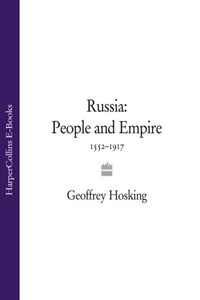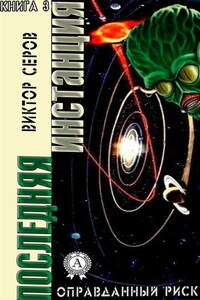A History of
the Soviet Union 1917–1991
Final edition
William Collins An imprint of HarperCollinsPublishers Ltd. 1 London Bridge Street London SE1 9GF
www.harpercollins.co.uk
A Fontana Press Original 1985
Revised edition published by Fontana Press 1990
This Final Edition published 1992
Copyright © Geoffrey Hosking 1985, 1990, 1992
The Author asserts the moral right to be identified as the author of this work
A catalogue record for this book is available from the British Library
All rights reserved under International and Pan-American Copyright Conventions. By payment of the required fees, you have been granted the nonexclusive, nontransferable right to access and read the text of this ebook on-screen. No part of this text may be reproduced, transmitted, decompiled, reverse-engineered, or stored in or introduced into any information storage and retrieval system, in any form or by any means, whether electronic or mechanical, now known or hereinafter invented, without the express written permission of HarperCollins ebooks
HarperCollinsPublishers has made every reasonable effort to ensure that any picture content and written content in this ebook has been included or removed in accordance with the contractual and technological constraints in operation at the time of publication
Source ISBN: 9780006862871
Ebook Edition © JANUARY 2017 ISBN: 9780007545285 Version 2017–01–19
A HISTORY OF THE SOVIET UNION
Geoffrey Hosking has been Professor of Russian History at the School of Slavonic Studies, University of London, since 1984. Born in Scotland in 1942, he studied Russian at Cambridge and European History at Oxford before gaining his doctorate in modern Russian history on the basis of archive work done in Moscow and Leningrad. He has taught at the universities of Essex, Wisconsin, Cambridge and Cologne, and has been a Senior Research Fellow at Columbia University in New York. Amongst his other books are The Russian Constitutional Experiment: Government and Duma, 1907–1914 (1973) and Beyond Socialist Realism: Soviet Fiction since ‘Ivan Denisovich’ (1980). In 1986, A History of the Soviet Union won the Los Angeles Times history book prize. In 1988, Professor Hosking was invited to give the annual Reith Lectures; he spoke on the subject of Change in Contemporary Soviet Society.
Adapted from Martin Gilbert, Russian History Atlas (1972)
Viewed from the West, the peoples of the Soviet Union tend to seem grey, anonymous and rather supine. When we see them on our television screens, marching in serried ranks past the mausoleum on Red Square, it is difficult to imagine them as more than appendages–or potential cannon fodder–for the stolid leaders whom they salute on the reviewing stand. This is, of course, partly the image the Soviet propaganda machine wishes to project. But is it not also partly the result of our way of studying the country? So many general works on the Soviet Union concentrate either on its leaders, or on its role in international affairs, as seen from the West.
There is plenty on the Soviet leaders in this book, too. No one could ignore them in so centralized and politicized a society. But I have also tried to penetrate a little more into their interaction with the various social strata, the religious and national groups, over which they rule. Fortunately, in the last ten to fifteen years, quite a large number of good monographs have been published in the West and (to a lesser extent, because of censorship) in the Soviet Union itself, which enable us to say more about the way of life of the working class, the peasantry, the professional strata, and even the ruling elite itself. In addition, many recent émigrés have, since leaving, given us candid accounts of their lives in their homeland, and these have afforded us a much more vivid insight into the way ordinary people think, act and react.
In order to focus on this material and give, as far as possible in brief compass, a rounded picture of Soviet society, I have deliberately said little or nothing about foreign policy or international affairs. There are already many excellent studies from which the reader can learn about the Soviet Union’s role in world affairs: to add to them is not the purpose of this book. I have, however, given some consideration to the Soviet Union’s relationship with the other socialist countries lying within its sphere of influence. As I argue in









